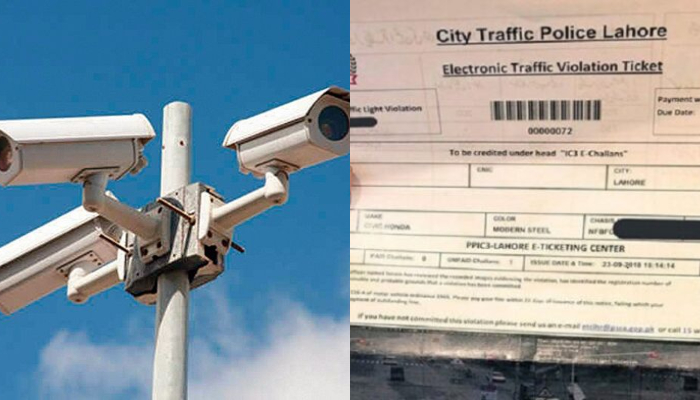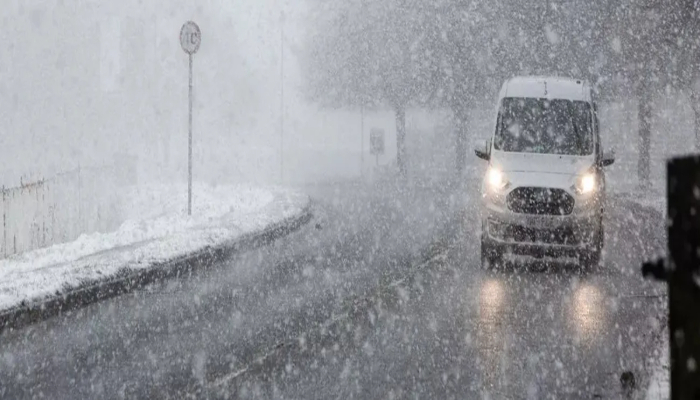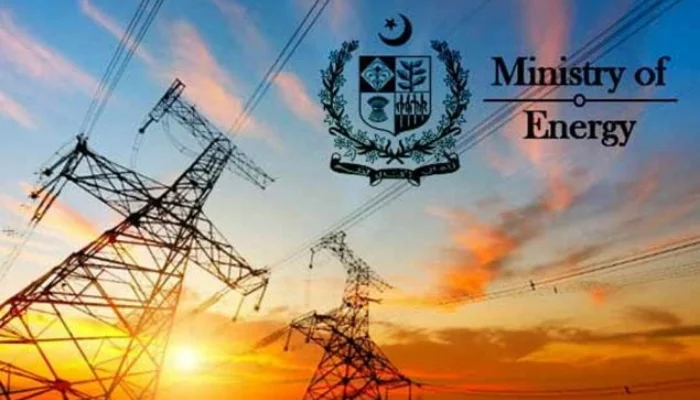- Consumer prices rose by 10% in the year to November.
- That’s less than experts had anticipated and represents a decline from the record 10.6% increase in October.
- Germany saw inflation drop to 11.3% from 11.6%, while France remained unchanged at 7.1%.
The rate of inflation in Europe is declining for the first time in 17 months. The first analysis of official data for the 19 nations that use the euro shows that consumer prices increased by 10% in the year to November.
That’s less than experts had anticipated and represents a decline from the record 10.6% increase in the previous month.
The biggest economy in the EU, Germany, saw annual inflation drop to 11.3% from 11.6%, while price increases in France remained unchanged at 7.1%, according to figures released on Wednesday.
Italy’s inflation decreased somewhat, from 12.6% to 12.5%, while Spain’s inflation decreased significantly, from 7.3% to 6.6%.
However, the rising cost of food and energy is still pushing up prices at an uncomfortable rate.
While the annual rate of energy price inflation decreased to about 35% from almost 42% in October, the cost of food, alcohol, and cigarettes continued to grow rapidly. In November, they increased by 13.6% as opposed to 13.1% in October.
Additionally, core inflation, which does not include volatile food and energy prices, remained constant at 5%.
However, the numbers from the eurozone give rise to expectations that inflation may have peaked in many leading economies, allowing central banks to scale back impulsive interest rate increases that are putting pressure on the world economy.
In the year ending in October, consumer prices in the US increased 7.7%, which was the slowest annual increase since January.
“The fact that we’re seeing that these numbers are lower than most of us were expecting, that’s good news,” said Bert Colijn, senior eurozone economist at ING. “You’ve got to start somewhere.”
Since the summer, oil prices have fallen significantly as demand expectations have shifted due to economic fears and coronavirus lockdowns in China.
Following a successful drive to fill up storage facilities and due to the comparatively mild weather entering the winter, natural gas prices in Europe have also decreased from all-time highs.
For authorities, double-digit inflation continues to be a major issue, and they have stated they will continue to work to bring prices under control.
The European Central Bank may be able to raise rates by half a percentage point rather than by three quarters of a percentage point when it meets next month as a result of the November data.
[embedpost slug=”biggest-european-bond-buyer-thinking-to-trade/”]

